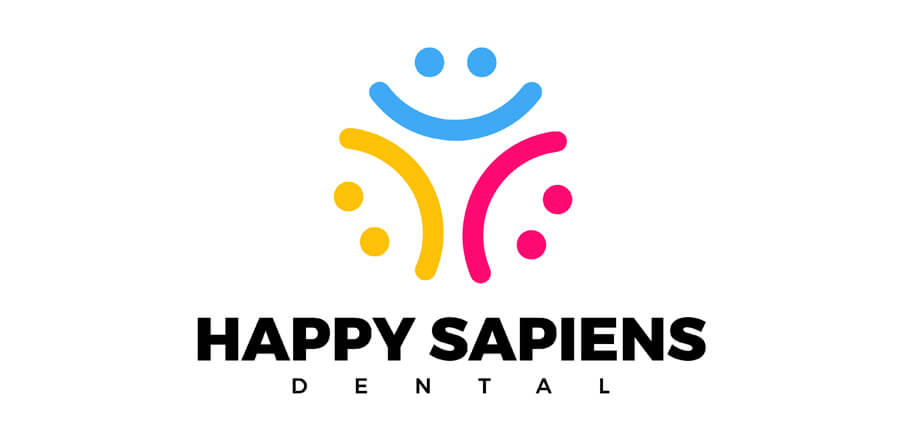Does the thought of being in the dental chair make you feel anxious? Does it get too intense sometimes that you miss your dental visits?

Have you considered being put to sleep while your dentist treats your mouth?
Many people have dental fears and anxieties. It might surprise you, but even dental professionals sometimes feel tense about getting their mouth seen.
It can be tough to manage the discomfort, let alone get yourself to see your dentist. But delaying necessary dental procedures can only hurt your oral health.
Sedation dentistry may be able to help you receive the care you need more comfortably.
Can my dentist put me to sleep during treatments?
Yes, your dentist can put you to sleep during treatments. However, your dentist will begin looking at conscious sedation options first.
Conscious sedation involves using medications to help you relax during a dental procedure. It’s ideal for patients who feel anxious, nervous, or cannot sit still during dental visits.
You may still be able to communicate with your dentist or respond to verbal commands. The effects of conscious sedation vary depending on the type, dosage, or combination of medications used.
But not everyone can receive conscious sedation. Your dentist first reviews your oral and overall health history and medical conditions. They may not recommend putting you to sleep if you’re allergic to the ingredients in medications or at a high risk of showing adverse reactions.
This is also why a thorough assessment is crucial before undergoing any dental procedure.
What can I expect from getting conscious sedation?
Here’s a quick overview of conscious sedation and what you can expect from the process.
- The delivery method varies. Your dentist may administer the sedation orally or intravenously. If you only need mild sedation and don’t require being put to deep sleep, your dentist may look into laughing gas or inhaled sedation.
- It’s safe, but there are potential side effects. Like any medication, sedation options also come with side effects. You may feel drowsy, heavy, or sick. But, overall, dental sedation is safe provided you receive it from experienced dental care professionals. Your dental team also orients you of the possible effects ahead of your procedure and whether you’ll need special care or assistance.
- The side effects differ. How the body responds to the sedative can vary from one person to another. A sedative may cause you to feel relaxed or sluggish. It may also delay your reflexes, make you smile often, or have little to no recall of the procedure.
- Recovery from sedation is quick. The effects of mild sedation last while you’re inhaling the gas. But for stronger sedatives, you may need to stay in the dental office for a while so your dentist can monitor your vital signs. You also need to have someone keep you company for the rest of the day or until the effects of the sedation wear off. This means you won’t be able to drive or commute back home by yourself.
- Preparation may be needed. Your dental care team provides instructions to prepare you for the procedure. You may need to fast for a couple of hours before your visit and wear-loose fitting clothes to feel more comfortable.
- Sedation isn’t only for managing anxiety. Sedation isn’t only beneficial for people with dental anxiety or fear. It can also be helpful for those diagnosed with medical conditions and cannot receive dental treatments without intervention. Using sedatives makes it possible for this vulnerable group to undergo dental care procedures more comfortably.
Is dental sedation different from general anesthesia?
Both sedation and general anesthesia can be used for dental procedures. But they’re not the same.
Sedation uses medications to make a person feel more relaxed in the dental chair. Patients are usually still aware and awake throughout the procedure.
General anesthesia, meanwhile, results in loss of consciousness. Patients are asleep and aren’t aware of what’s happening in their surroundings.
Administering general anesthesia also requires the expertise of a general anesthesiologist who determines the right dosage for the medication.
Do I need to be put to sleep for my dental procedure?
If you’re concerned about receiving dental treatment, we’re here to help. To learn more about sedation dentistry or making your next appointment anxiety-free, contact us today.
Our dental offices are in Pinehurst and Woodlands, TX, and new patients are always welcome. Let’s look into options to make each of your visits a positive experience.

